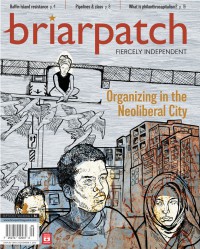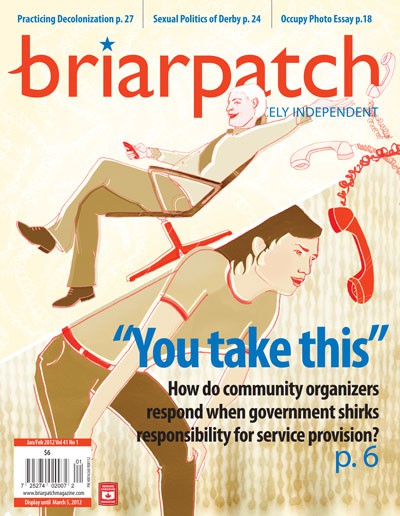
In this issue of Briarpatch, we’re all over the place — from Canadian mining in El Salvador to the sexual politics of roller derby here at home. Jane Kirby investigates the role of community organizations when governments offload responsibility for social services, while Harsha Walia reflects on the role of non-native activists in decolonization. Plus: the Occupy movements in photos, the injustice of Canada’s Extradition Act and more!
-
1_300_300_90_s_c1.jpg) Magazine
MagazineLetter from the editor
Our efforts to organize more co-operatively must go beyond inclusivity. For power to be truly re-distributed, we must pay particular attention to the voices that have been most silenced by global capitalism.
-
 Magazine
MagazineMeeting austerity with creativity
In the face of drastic social service cutbacks, community organizers and volunteers are stepping up to fill the void. For the optimistic, this represents opportunity for building the capacity of communities to become more independent of the state. Others critique the impact this offloading has on longer term organizing for social change.
-
 Magazine
MagazinePersecution by proxy
Canada’s Extradition Act allows the deportation of Canadian citizens on the simple say-so of a foreign government, even when the case against them is groundless.
-
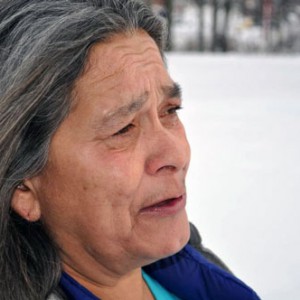 Magazine
MagazinePre-Occupied
After enduring 10 years of overpriced housing in booming Whitehorse, Yukon, Helen Hollywood pitched her tent on the front lawn of the territory’s legislature. Frustrated with antiquated, one-sided provisions of the Yukon Landlord and Tenant Act, she vowed not to leave until her concerns were addressed.
-
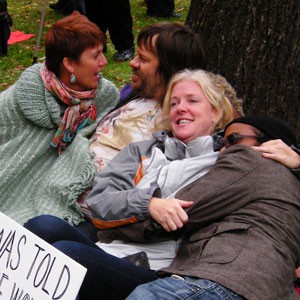 Magazine
MagazineReimagining revolution
The Occupy movement has demonstrated a tenacious and effective commitment to non-violent, collaborative tactics. These photos, from various photographers, capture some of the ways in which the Occupy movements have helped us to reimagine how we organize and relate to one another within our collective struggle for justice.
-
 Magazine
Magazine‘One of the girls’
As the sport gains popularity and leagues attract increasingly diverse members, the question of how to include trans women has sparked important conversations and at times led to divisions.
-
1_300_300_90_s_c1.jpg) Magazine
MagazineDecolonizing together
Given the devastating cultural, spiritual, economic, linguistic and political impacts of colonialism on Indigenous people in Canada, any serious attempt by non-natives at allying with Indigenous struggles must entail solidarity in the fight against colonization.
-
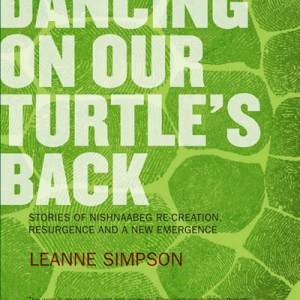 Magazine
MagazineRe-envisioning reconciliation
What does reconciliation look like for Indigenous peoples in what is currently Canada? In part, argues Leanne Simpson in Dancing on Our Turtle’s Back, it must take the form of the resurgence of Indigenous peoples’ political traditions in their nation-to-nation relationships with Canada.
-
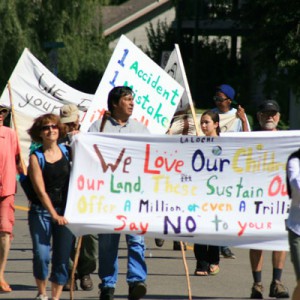 Magazine
MagazineStepping up for future generations
In summer 2011, several people from communities in northern Saskatchewan walked 820 kilometres from Pinehouse to Regina to raise awareness about the storage and transportation of nuclear waste in the province, and to oppose a proposed nuclear waste dump near Pinehouse. This is an excerpt from their radio interview with Don Kossick following the walk.
-
 Magazine
MagazineCanadian mining on trial
As a court battle ensues between the Salvadoran government and Canadian mining company Pacific Rim, the disappearances and murders of anti-mining activists are a tangible manifestation of the lack of respect for individual and collective rights in the face of highly lucrative development projects.
-
 Magazine
MagazineThe next generation of land defenders
Meet the youth at the heart of a movement to raise awareness about a proposed nuclear waste dump near their communities. These five young people participated in an 820-kilometre walk from Pinehouse to Regina, Saskatchewan to oppose the storage and transportation of nuclear waste in the province.
-
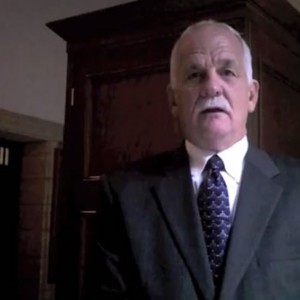 Magazine
MagazineVideos won’t make things better; try policies
The federal government should get serious about supporting the queer community through progressive policies, strategies and funding to allow queer communities to develop the programs that our youth so desperately need.




